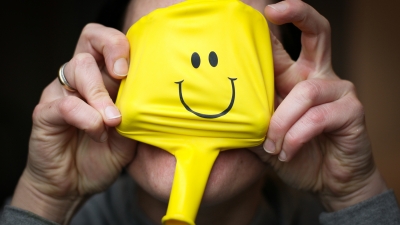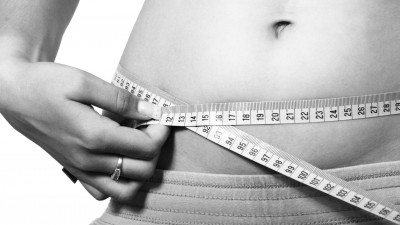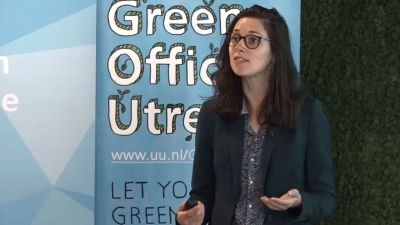Health & happiness
It seems as if the tide has turned on social media. People are not only concerned about the privacy of their data, but also about the effects of social media on their mental wellbeing. Critics worry that Facebook, Snapchat and Instagram threaten “normal” (face-to-face) communication and that they make us feel insecure about our bodies. Some even say that these platforms create a generation of lonely narcissistic individuals with low self-esteem. Are these worries justified? We asked behavioural scientist Dr Dian de Vries (UU), who has conducted various experiments to understand how social media posts affect the own body image of teenagers and adolescents, for some scientific social media advice.
Social media and body image
Online platforms are a public space where a continuous exchange of information takes place: ideas about what is wrong or right, what to do or don't. Stories tell us directly or indirectly what is 'normal' and what isn't. Especially young people, who are in the stage of life where they develop their identity, turn to social media for guidance and advice. But not everyone with a social media account feels bad about the way their body looks. De Vries: 'In my research I try to understand why some people are more susceptible to the messages they encounter online than others.'
'Research shows that social media has a small, but significant impact on own body image,' says De Vries. But we have to put that into perspective. In the Netherlands about 80% of people between 12 and 25 are content with their body. So even though sometimes we tend to think otherwise: in generale young Dutch people are happy with how their bodies look. 'The other 20%, however, is at risk for developing problems such as eating disorders or loneliness,' warns De Vries.

It's all about the looks
The idea that 'the outside' matters most is especially prevalent on Instagram. If you scroll through endless images of perfect bodies, it's easy to think "I should look like that" and that appearance is important. But there are also people who look at pictures of 'fitgirls' and just shrug their shoulders about the fact that their own body looks different. De Vries: 'We see that the harmful effects of social media are the strongest for people who both have a negative image of their own body and place a lot of value on appearance.'
But what about photoshop? Everyone knows that pictures on Instagram aren't real in the sense that they are optimized using filters and brush tools. It apparently doesn't really matter. De Vries refers to an experiment in which participants were asked to look at two photographs and pick the most realistic one. It proved to be really hard, and not just for the participants: 'Even for me it's sometimes really hard to keep the manipulated picture apart from the original,' confesses De Vries.
We see that the harmful effects of social media are the strongest for people who both have a negative image of their own body and place a lot of value on appearance
Filter your feed!
It is not necessary to abandon all your social media accounts, but it doesn't hurt to be mindful about them. De Vries has some tips: 'Be aware of the people you're following and what they post. Observe how it affects you.' It might be wise to unfollow that crossfit fanatic, if you notice that you're continuously comparing your body to theirs. It works better to follow someone who puts less emphasis on physical appearance and uses inspirational quotes to motivate you to get out and exercise. 'Being critical towards media protects you, but also use compassionate messages towards yourself and others to counter the negativity online,' concludes De Vries.
Want to know more about De Vries' research and her methods? You can watch the whole lecture 'Picture perfect'.







